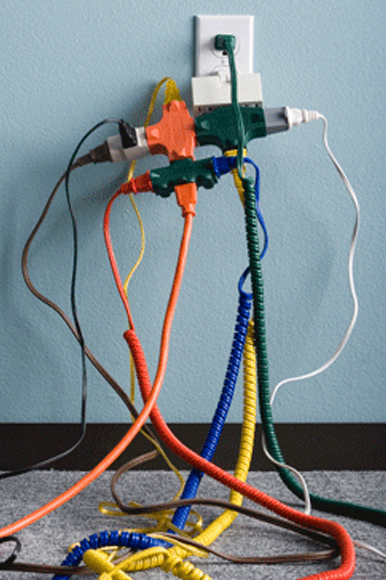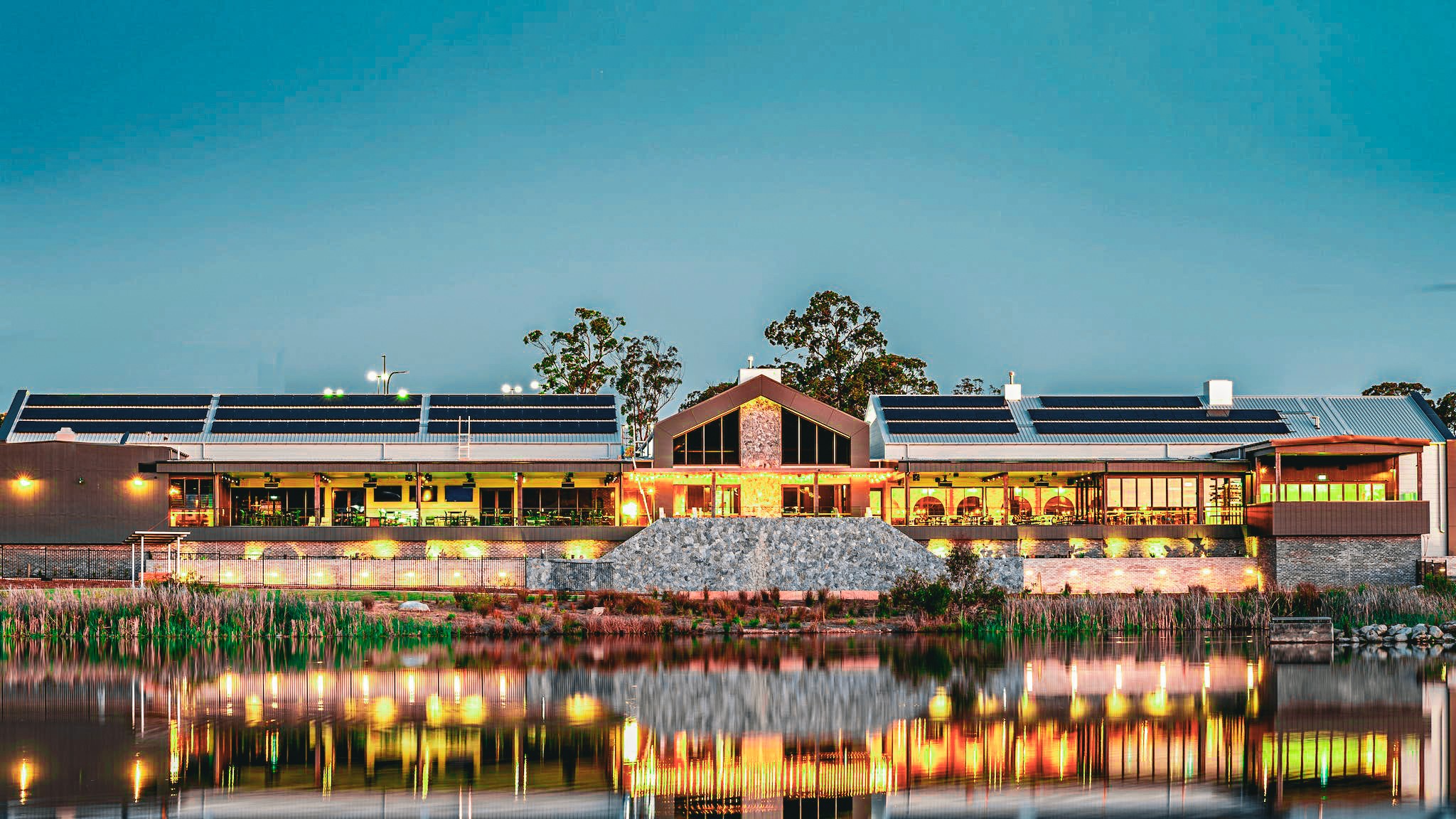The first quarter of the year is often the time for reflection on years past and predictions for the future. Here at Haron Robson, we like to get to grips with the topics we think we’ll be talking about over the next 12 months. These are the issues that are close to us because we think they will directly impact those in our network – our clients, collaborators, suppliers and the wider industry as a whole.
Regulatory Changes: WorkCover & Electrical Safety
New rules which came into effect on 1 January 2013 will have a major impact on how businesses and property owners manage risk, WHS compliance (Work Health & Safety, formerly OHS), and the buildings themselves.
The changes require the installation of RCDs (Residual Current Devices) on electrical circuits serving ‘hostile’ environments, where plug in electrical equipment is used. RCDs, commonly referred to as ‘safety switches’, are electrical safety devices designed to immediately switch off the supply of power when electricity leaking to earth is detected at harmful levels. RCDs offer high levels of personal protection from electric shock, and – when properly installed and maintained – can prevent workplace fatalities.
The new rules seek to improve electrical safety in (and outside) buildings where water or mechanical damage could affect electrical equipment operation. This includes areas such as laundries, kitchens, bars, washrooms and pool areas. Under the WHS legislation, should injuries or deaths occur, non-compliance with the legislation could mean building owners and/or managers are personally liable.
It is important to seek technical advice to correctly assess the scope of upgrades which may be required in each situation. An action report should be drawn up which identifies the kinds of RCDs appropriate for each workplace, competitive pricing for the work should be obtained, the installation should be managed to ensure compliance with the legislation, and a record of testing must be kept until the RCDs are disposed of.
We are finding that in many cases it is more cost effective to replace distribution boards than to replace equipment within the existing switchboards. Apart from ageing switchboards, this cost advantage is garnered because further compliance requirements, for example with BCA (Building Code of Australia), is more easily achieved with the addition of centralised energy monitoring and sub metering.
For more information on how we can help manage risk and address compliance, please contact Tom Russell 02 9712 5544 or email trussell@haronrobson.com.au.
Energy
With the introduction of the Carbon Tax last year, and natural disasters & climate change featuring prominently across popular media, we can safely assume energy matters will be near the top of the list as far as water-cooler conversations are concerned.
July 2012 saw the introduction of the Governments’ highly controversial Carbon Tax, and the result was, on average, an extra 10% cost on household power bills. With energy prices not likely to drop any time soon, this continues to be a contentious issue. 2013 is an election year, so we will finally find out if the high bills are enough for the Australian public to force a change of government.
For businesses, these high energy prices will drive CEOs, COOs and CFOs to improve energy efficiency and, ultimately, investigate alternative options for powering their operations. In broad terms, self-powering technologies (co-generation and tri-generation) is often found to be the solution, but high capital investment is limiting the extent to which these initiatives are adopted.
Various Government assistance programs are available to help fund energy efficiency activities, and in some instances, grants are part-subsidising the installation of major plant and equipment where it can be shown to benefit low socio-economic and other disadvantaged communities (the Community Energy Efficiency Program - CEEP). Subsidised energy audits are still on offer from the NSW State Government, and energy savings are being rewarded in the form of Energy Saving Certificates (ESCs) under another NSW Government initiative.
Haron Robson has been instrumental in obtaining maximum benefits for our clients under the various schemes available. To discuss how we can help you get financial support to fund your energy efficiency programs, please contact us on 02 9712 5544 or email info@haronrobson.com.au.





